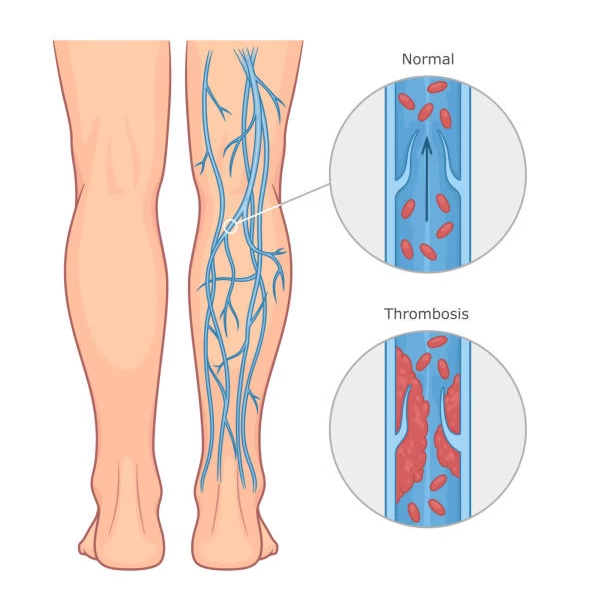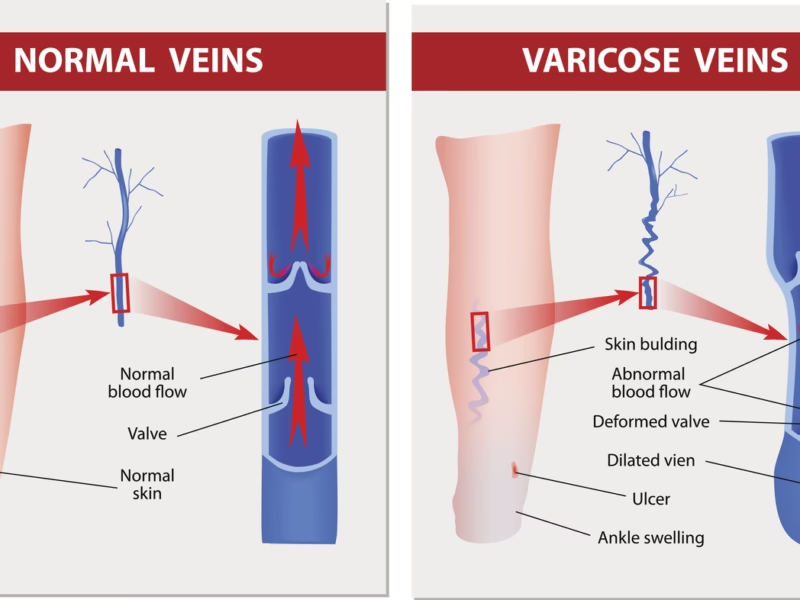Sleep is the most important part of our everyday life, when an individual sleeps the body repairs and refreshes itself. Therefore when there is a deprivation in sleep either for a short or long period, the body suffers as it didn’t get enough time to refresh itself. With most studies that say seven to eight hours per night is the optimum amount, sleep is far more important than we think. It is a wonder that most people do not achieve these and suffer from various sleep deprivation effects. The lack of sleep has a major effect on the clarity of thinking, memory, and learning capacity.
What Causes Sleep Deprivation?
Sleep deprivation is both voluntary and involuntary. There are three major causes of sleep deprivation:
Lifestyle
Living an unhealthy lifestyle is one of the major reasons for sleep deprivation. Drinking too much caffeine or alcohol right before going to bed disturbs the sleep pattern. To change this into a healthy lifestyle, one has to maintain and record a sleep diary, note down the foods you take during the day and the time you ate, what type of stress you dealt with, etc. Work on these and find a solution either by own or by consulting with a doctor.
Medication
The medication also has a major impact on a person’s normal rhythm of sleep. Taking sleeping pills to treat insomnia only changes the body’s sleep pattern and will not cure the disease.
Medical conditions
Most people suffer from severe health problems both physically and mentally. Depression and post-traumatic stress lead to sleep deprivation and result in a lot of other side effects over time.
What are the common sleep deprivation effects?
The common physical effects of sleep deprivation include:
Exhaustion – Feeling extremely “tired” both physically and mentally is the commonly found effect from most people. No matter how small the task is, you’ll feel like your entire energy is drained.
Discomfort – When you lack sleep, there will be discomfort throughout the day and night. It’s not exactly pain but a feel that makes you dull all over the day. Sitting, lying, walking, nothing will make you feel “okay” when you didn’t get enough sleep.
Blurred Vision – Getting brief moments of going blind for a short time is the major effect of having too little sleep.
Impaired reactions and movements – One cannot behave or react properly to any routine activities or situations. Sometimes, you do everything in slow motion.
How to overcome sleep deprivation?
Here are 8 tips to get great sleep:
Regular bedtime – Going to bed and waking up at the same time is the most effective method to maintain a proper rhythm of sleep pattern. This greatly helps in running your internal clock properly.
Regular exercise – Exercising for twenty to thirty minutes a day improves sleeping habits.
Don’t lie keeping your eyes open – Staying awake in bed for a long time interrupt the sleeping habit greatly. Therefore, it is better to do something else, getting out of your bed until you feel sleepy.
Good quality mattress – Mattress plays a major role in getting quality sleep. The body should get proper support and comfort when lying on the bed.
Avoid eating/drinking during bedtime – Do not eat or drink anything for two hours before bedtime, because digestion or urgency to pee at night interrupts the sleep heavily.
Avoid Caffeine – It is best to avoid caffeine completely or at least avoid taking it for 6 hours before bedtime. Alcohol, nicotine, and caffeine contain sedatives which heavily disturbs the rhythm of sleep pattern.
Final thoughts
Not sleeping well is not okay and never will be. Sleep is essential for our overall health. It is necessary for healthy brain function, physical restoration, and mental wellness. The benefits of getting ample sleep are huge. It aids in living a healthier and happier life. Therefore, sleep well for a more balanced life.


